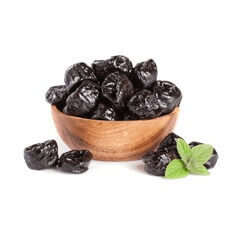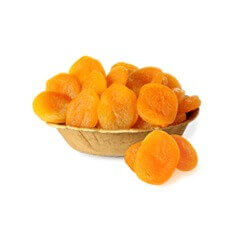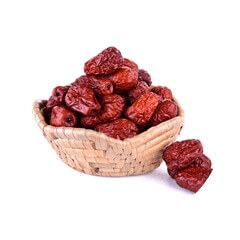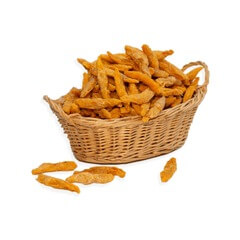Cashews
- Home
- Nuts & Seeds
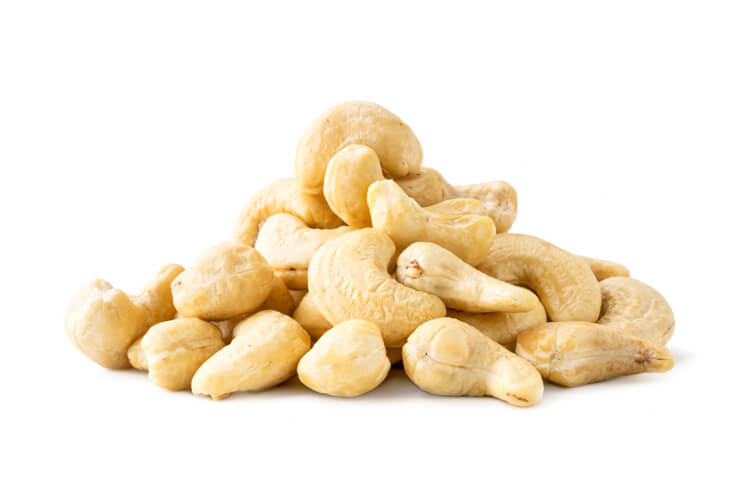
Cashews
Cashew trees are vigorous, fast-growing, and typically reach a height of 15 to 20 meters. The fruit is 6–12 centimeters in diameter and contains Anacardiums (cashews), which are the world's largest seeds. Raw cashews are a healthy snack choice for a quick energy boost. Roasted cashews are a great addition to your favorite recipe. Processed cashews can be incorporated into sauces like pesto and cheese like yogurt-cashew ricotta.
Cashews are an excellent source of copper, manganese, and magnesium, as well as a good source of fiber, heart-healthy fats, and plant protein. These minerals are vital for energy production, brain health, immunity, and bone health. Because cashews are low in sugar and have high fiber content, they are an excellent choice.
Nuts should be stored in a cool, dry environment in an airtight container to prevent them from absorbing other materials’ odors. Avoiding strong scents is also recommended, as they may linger on nuts for a long time.
Cashews are typically used in Indian cooking and snack preparation as a replacement for all tree nuts or seeds. The cashew is usually eaten whole in Indian cuisine or ground into a paste to serve as a base for curry sauces, or it is used in powdered form to make sweets and desserts. It is also used to make a variety of Indian sweets and desserts, as well as to prepare them. Both roasted and raw cashew kernels are used to make curries and sweets.
Cashews, although less prominent allergens than tree nuts or peanuts, can cause allergic reactions ranging from insignificant irritation to life-threatening anaphylaxis. Because tree nuts consist of proteins, cooking them does not get rid of or alter these proteins. People of European descent may suffer anaphylactic reactions to cashews or tree nuts as a result of unintentionally introduced nut ingredients or traces during food processing, handling, or manufacturing.
